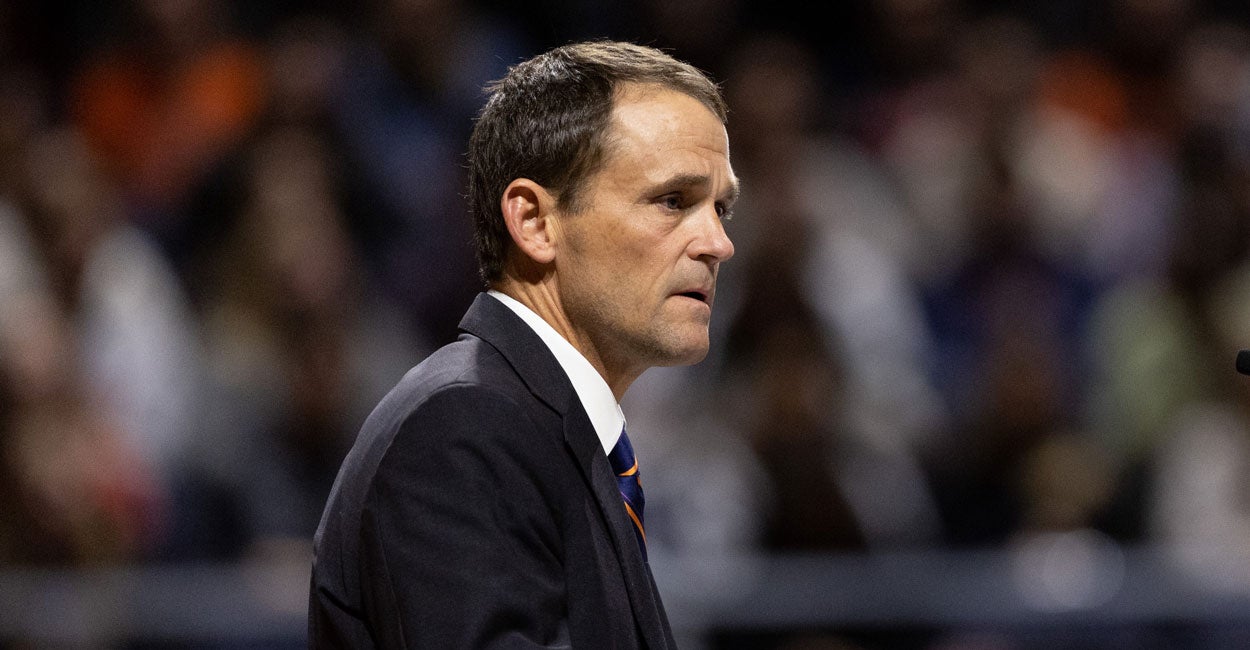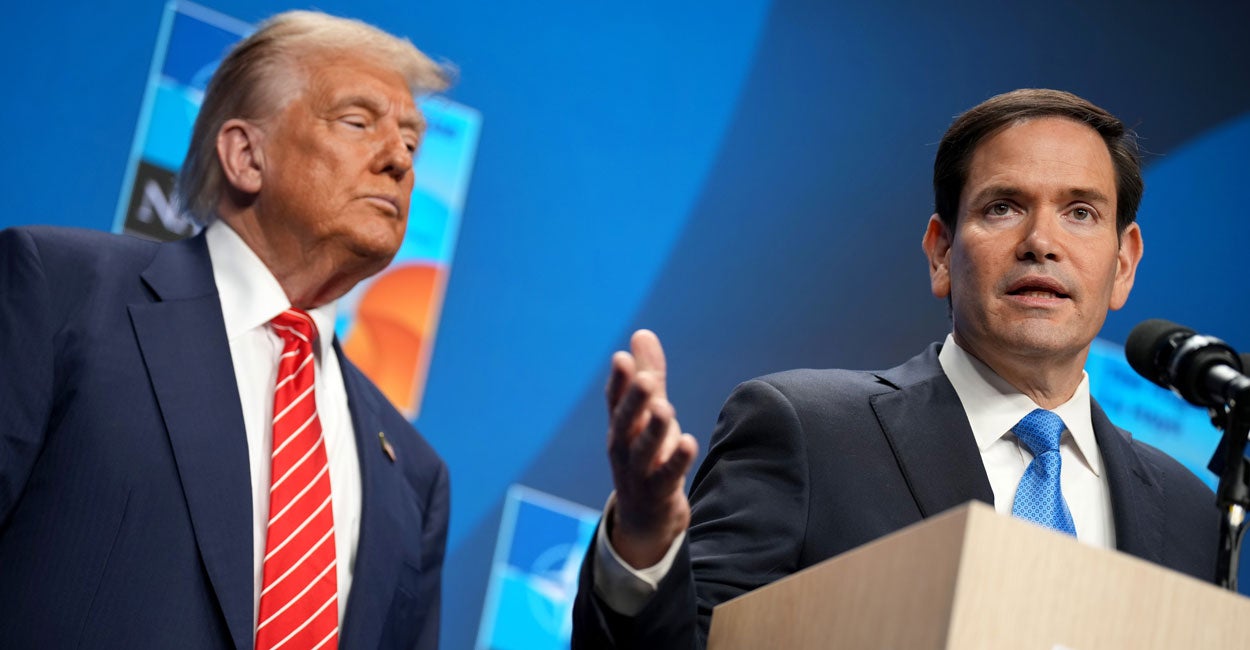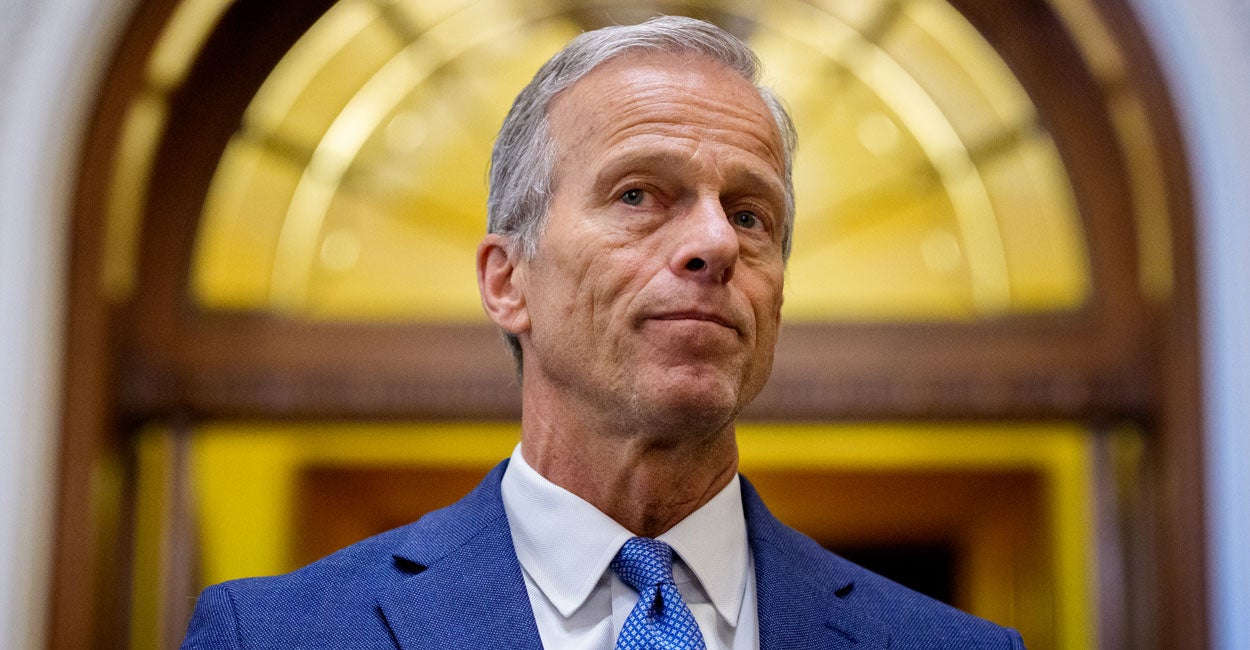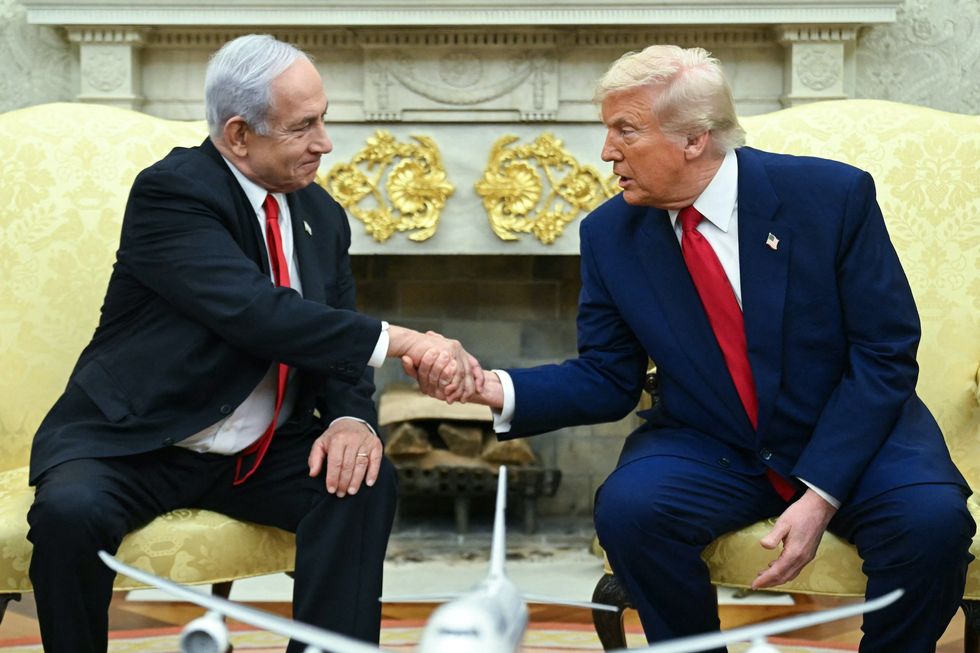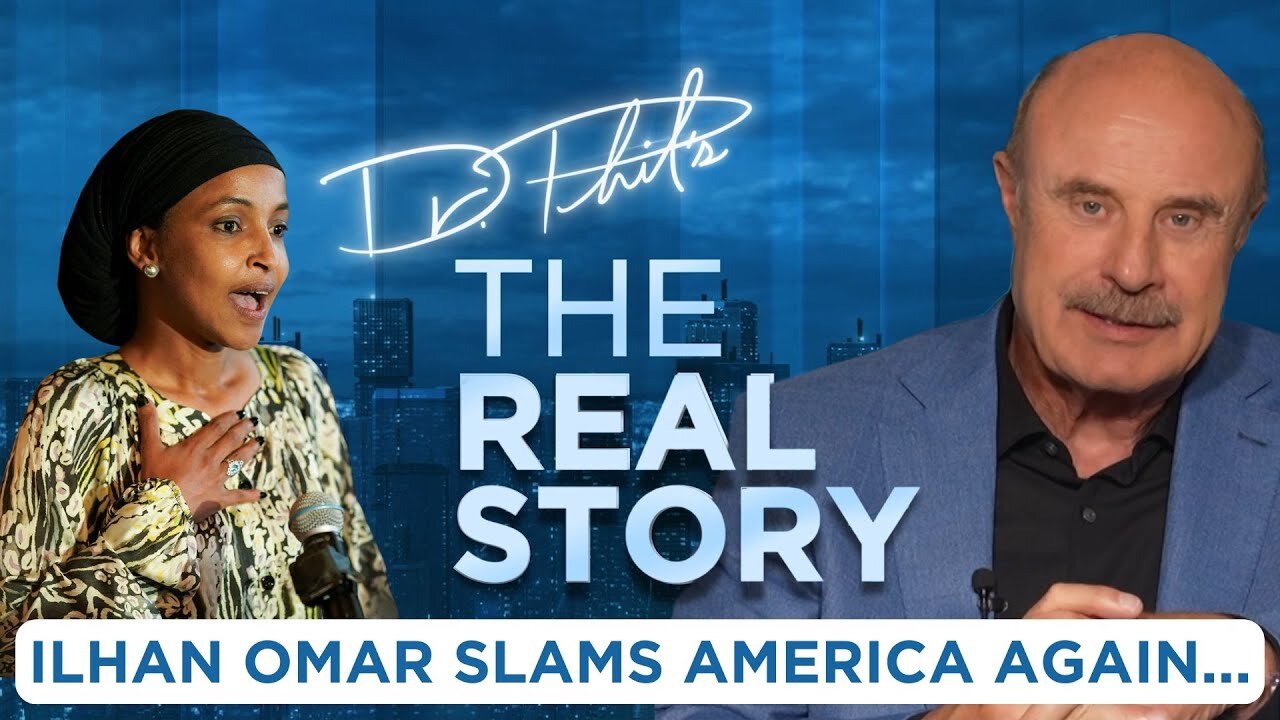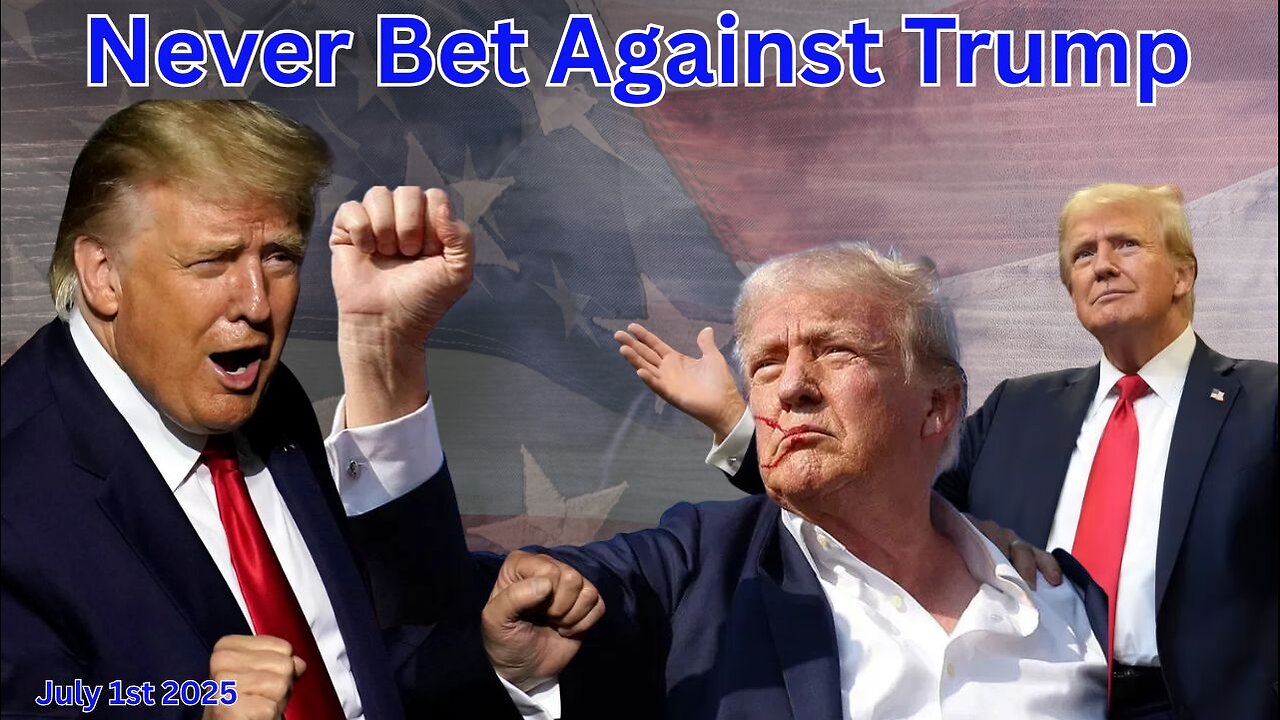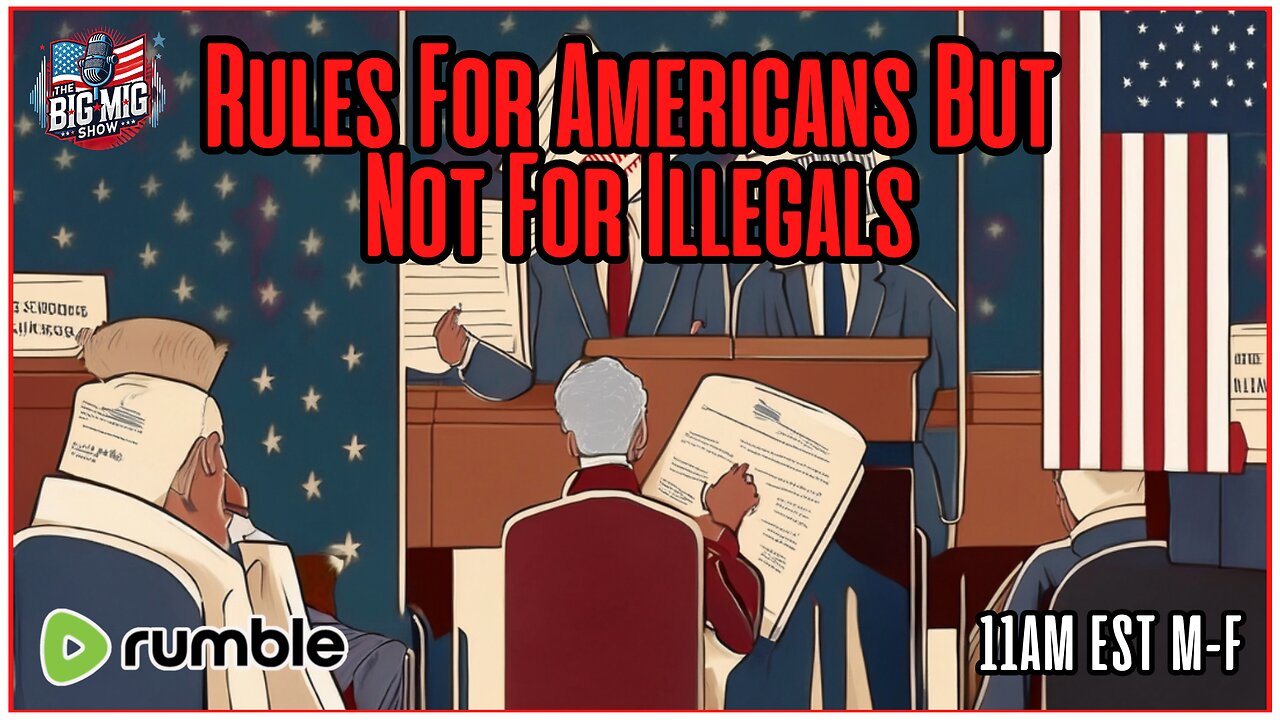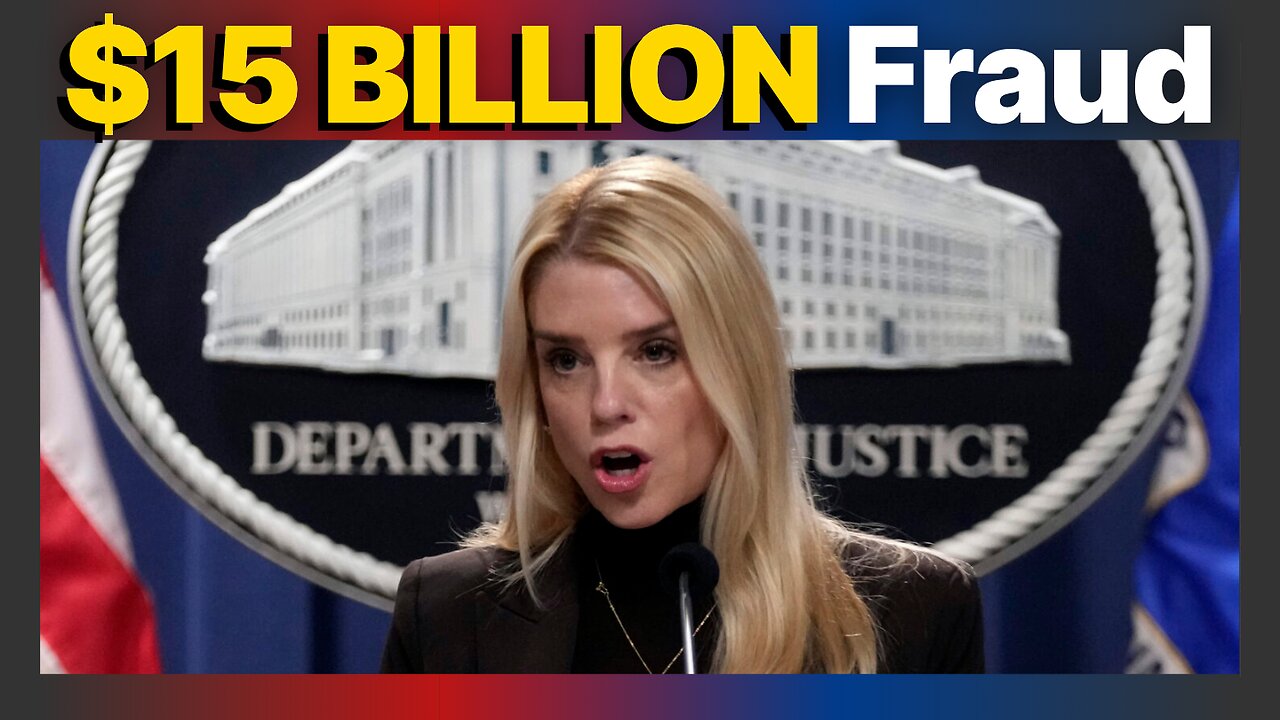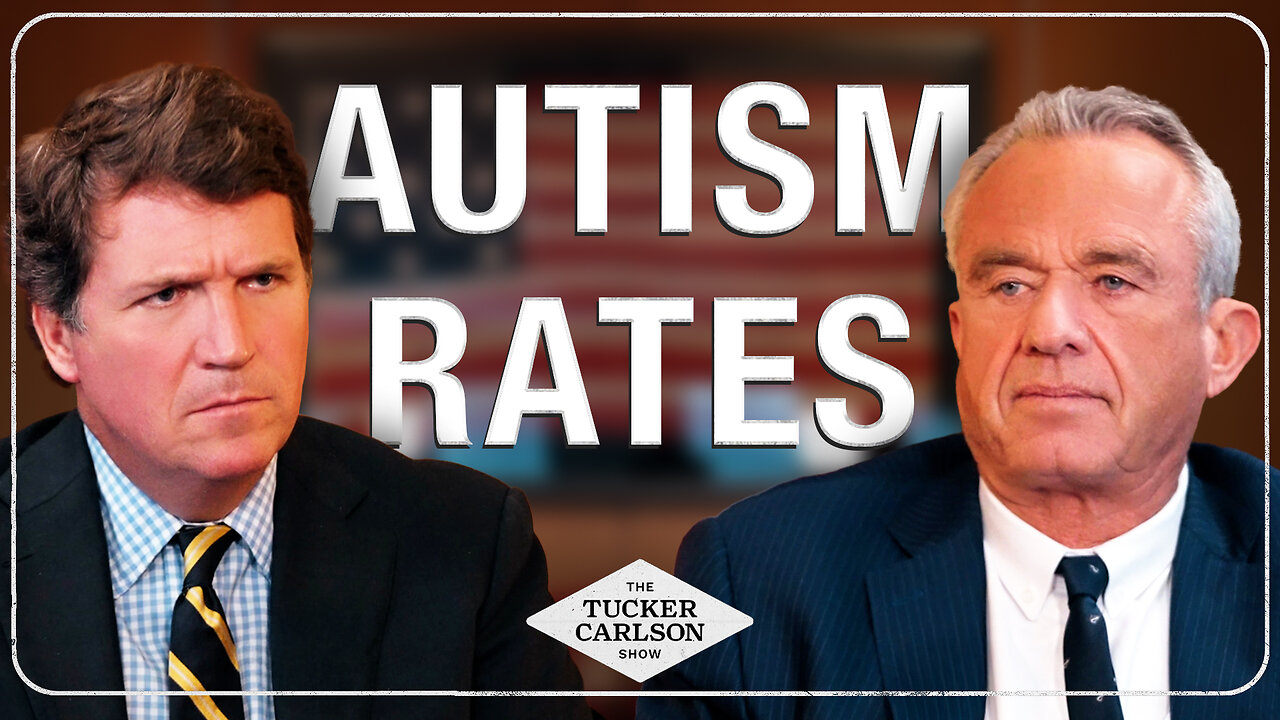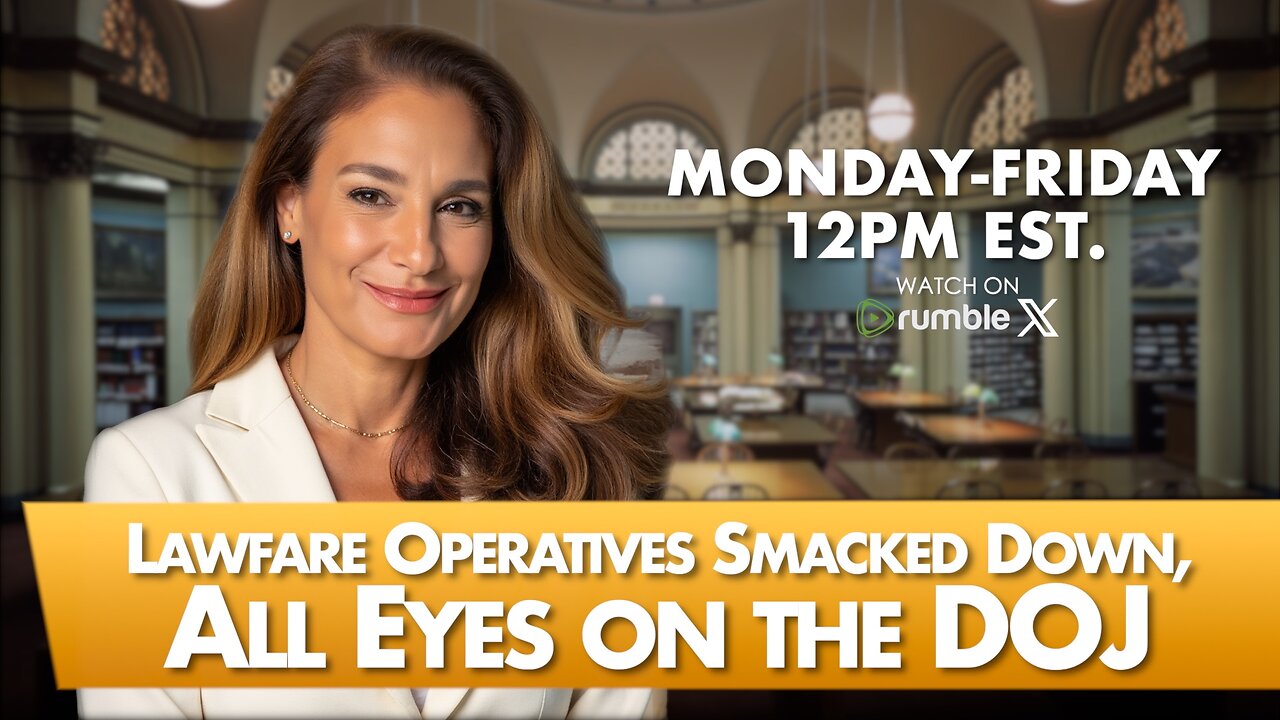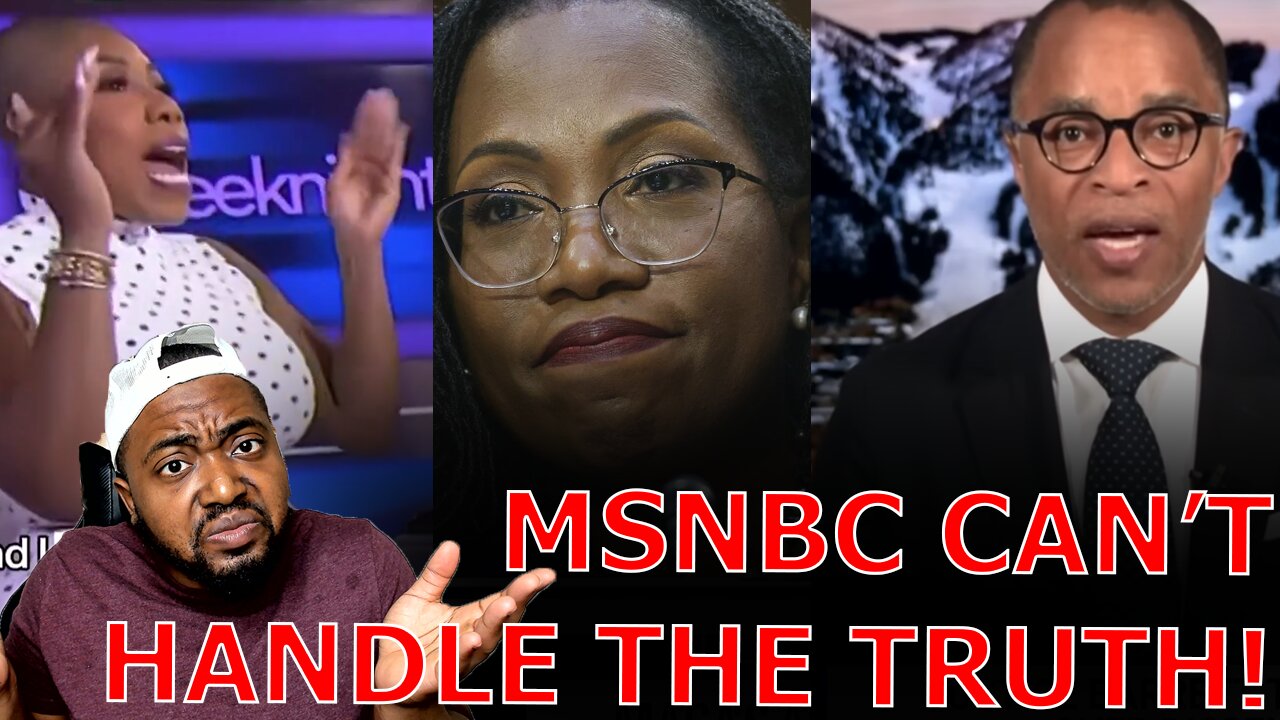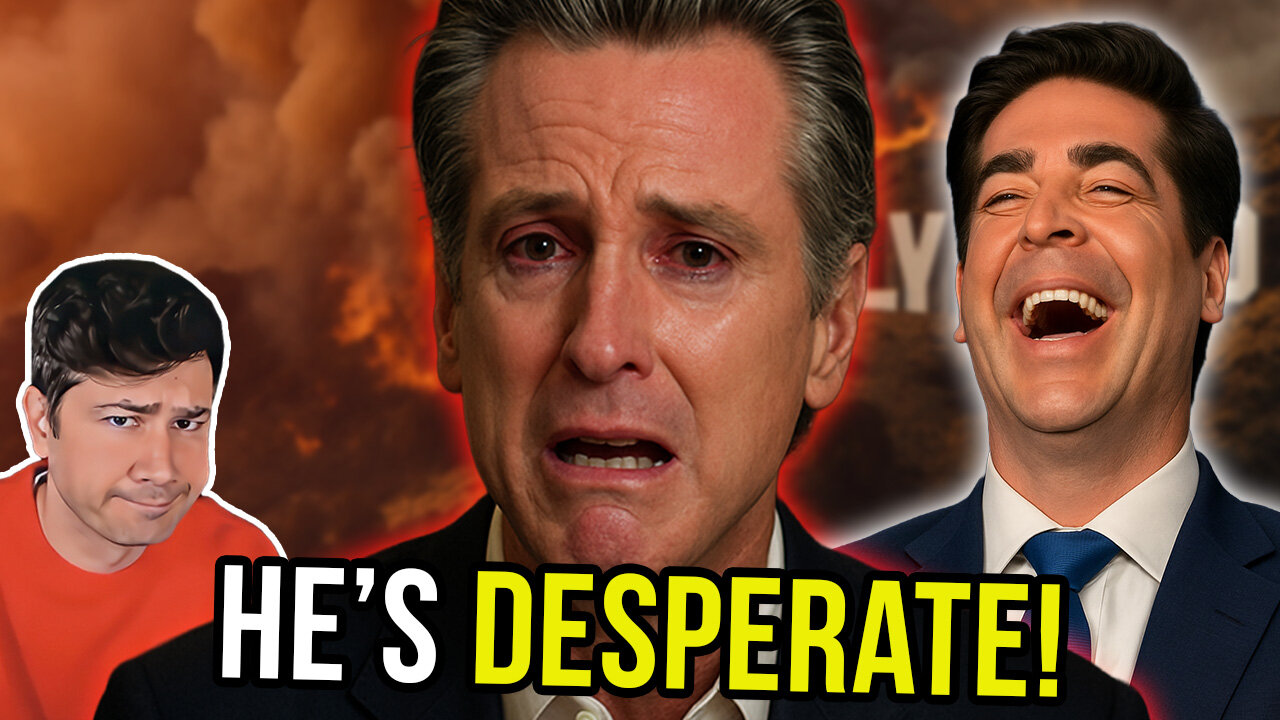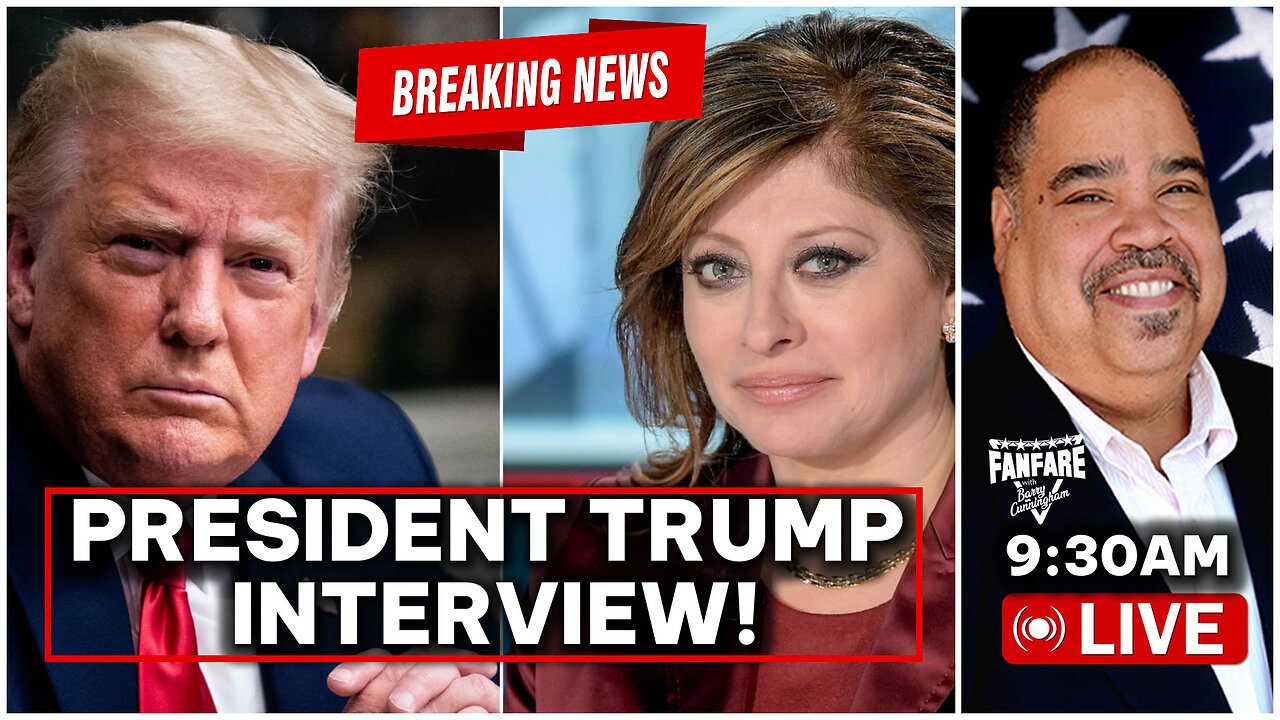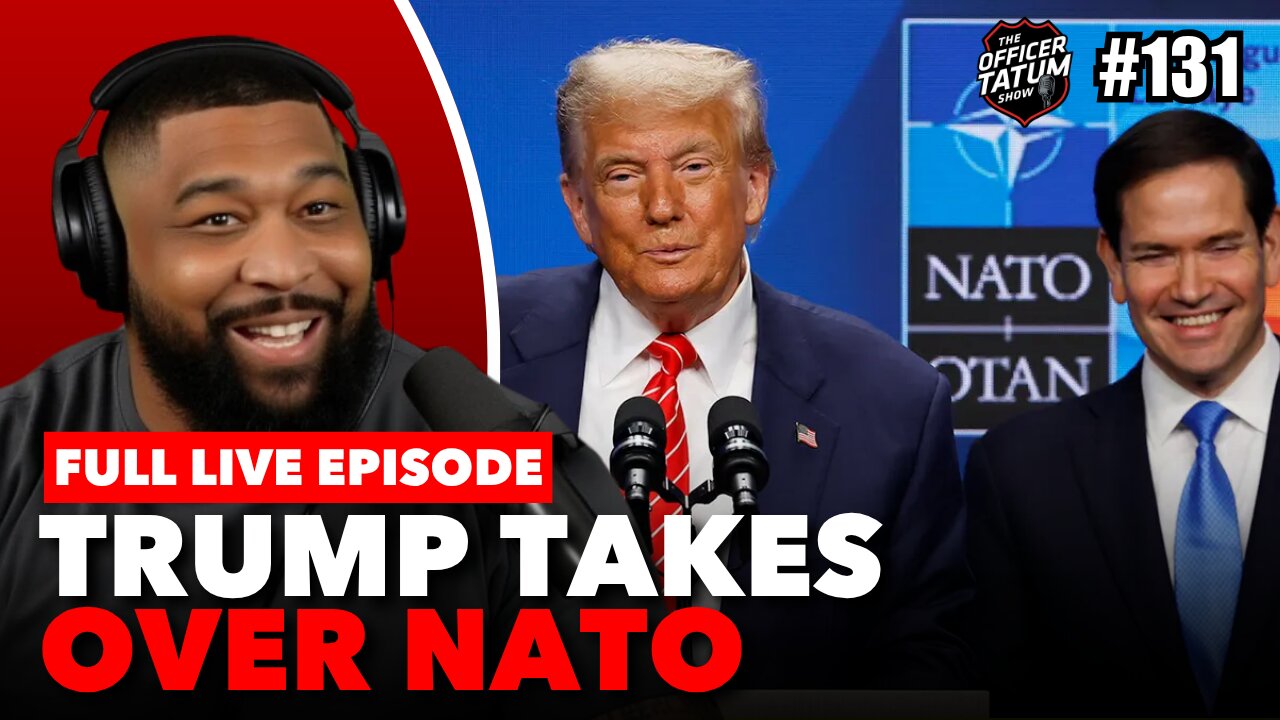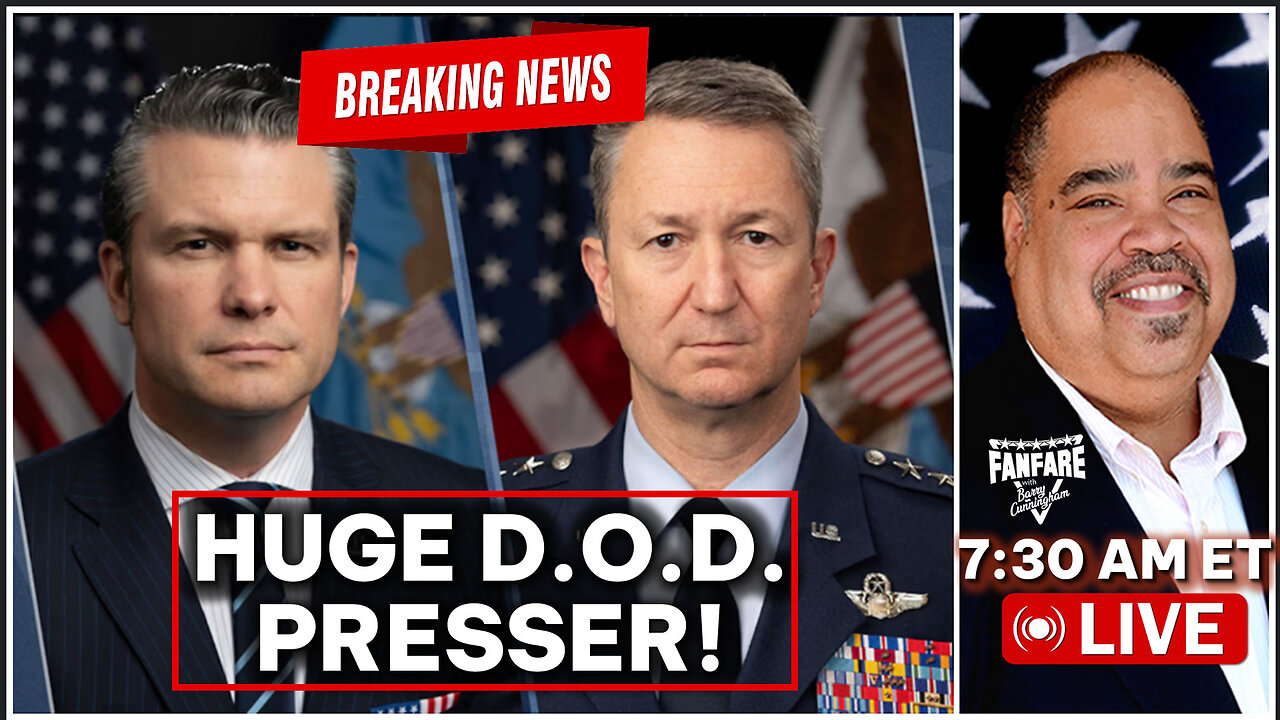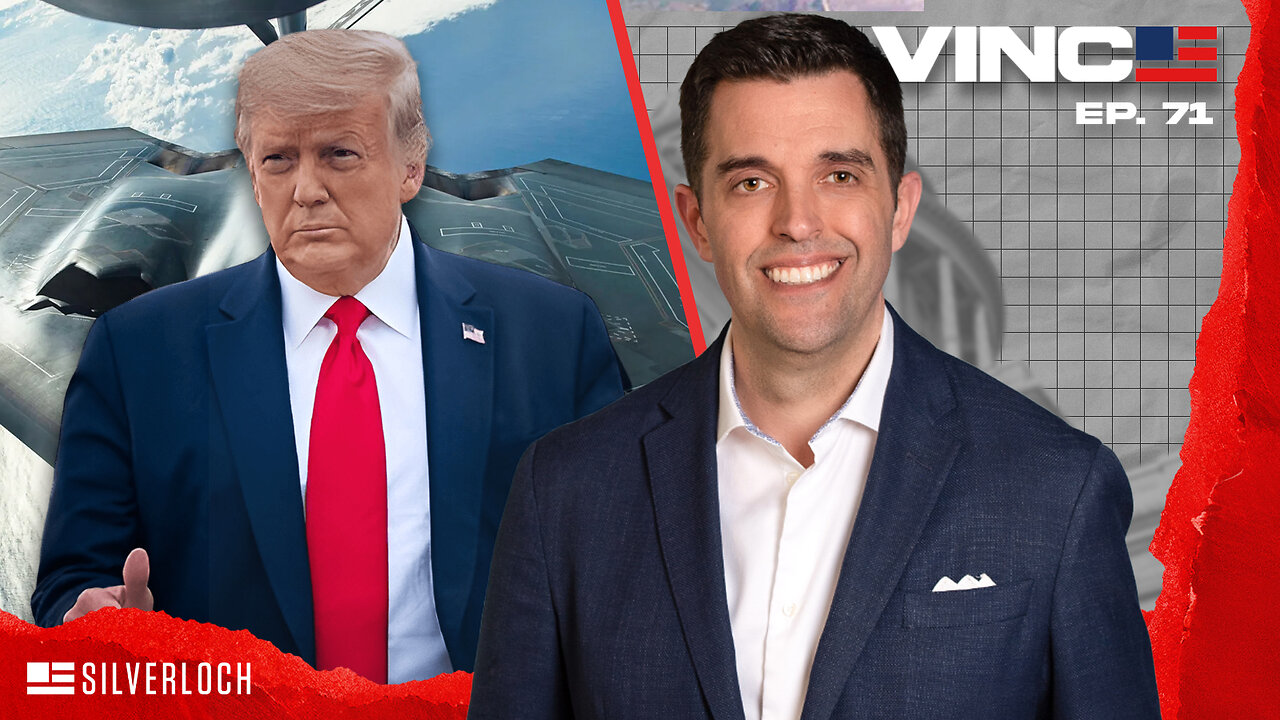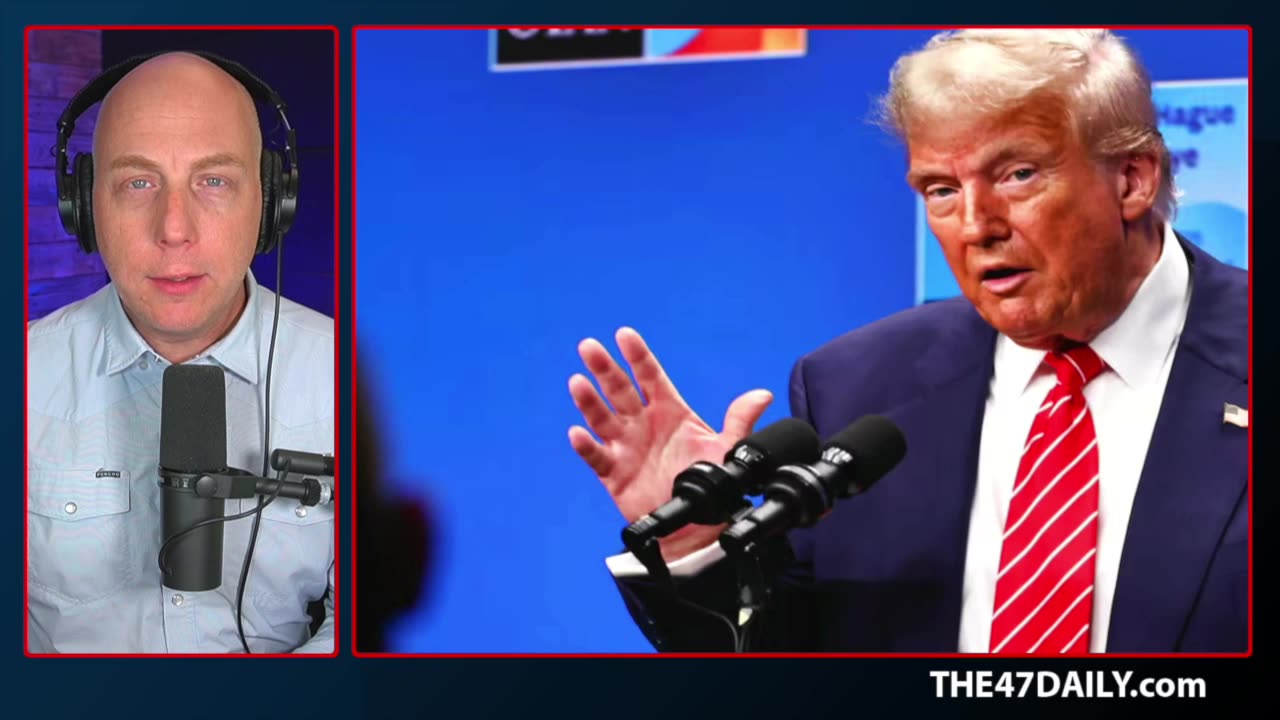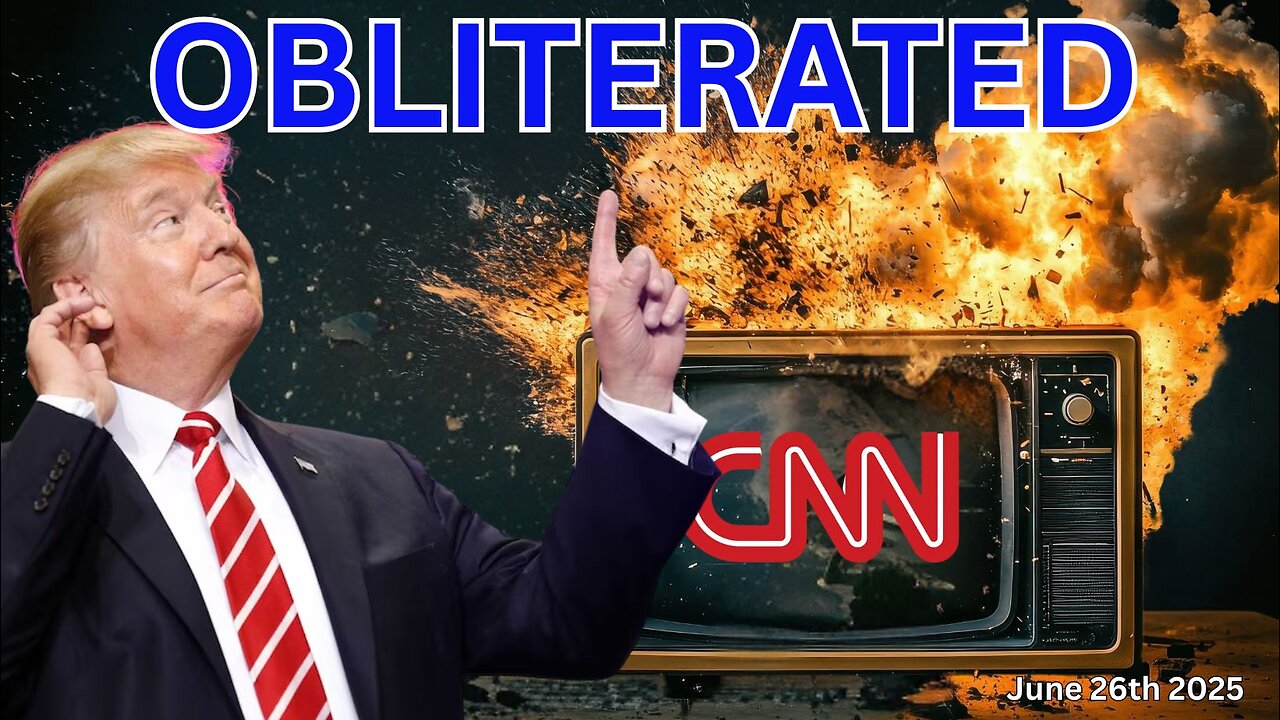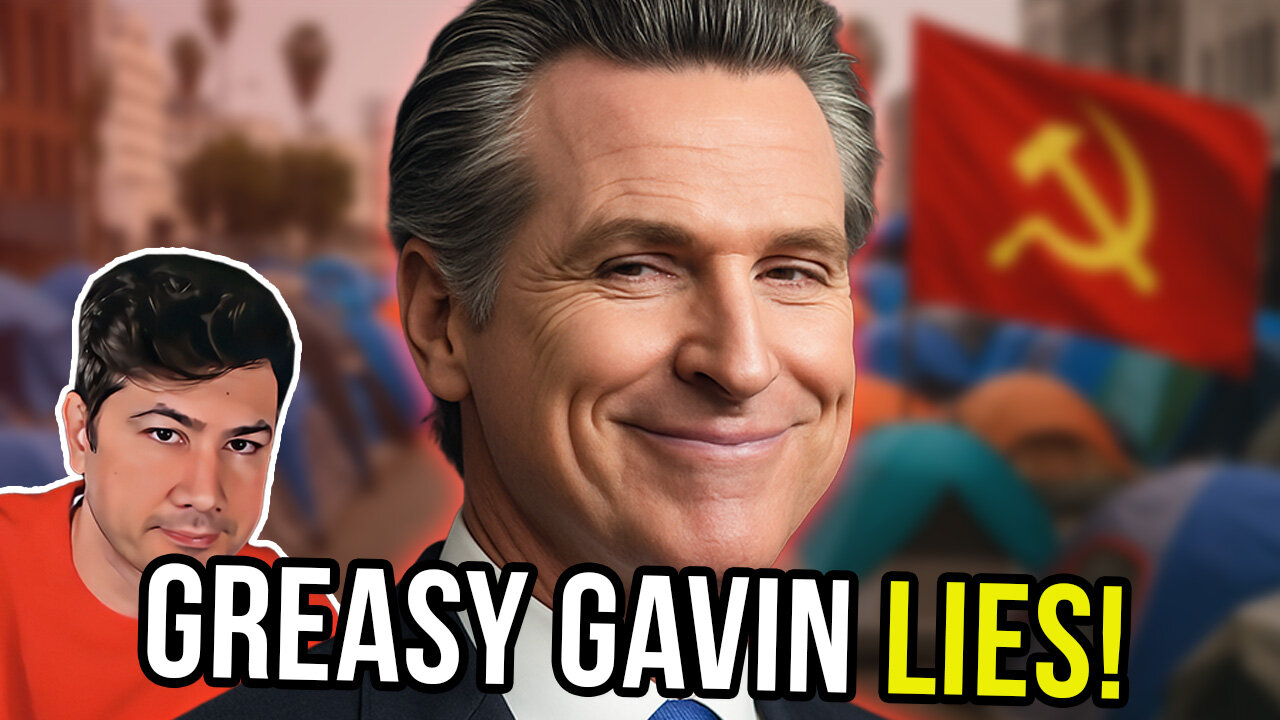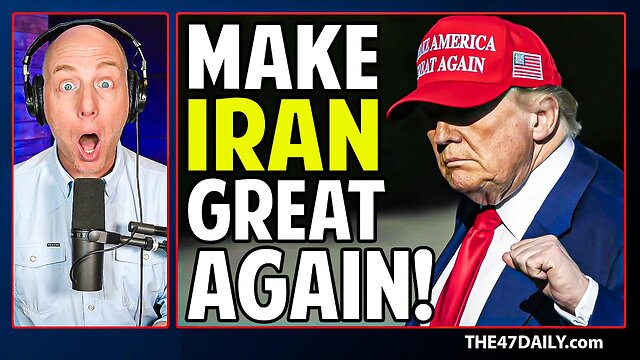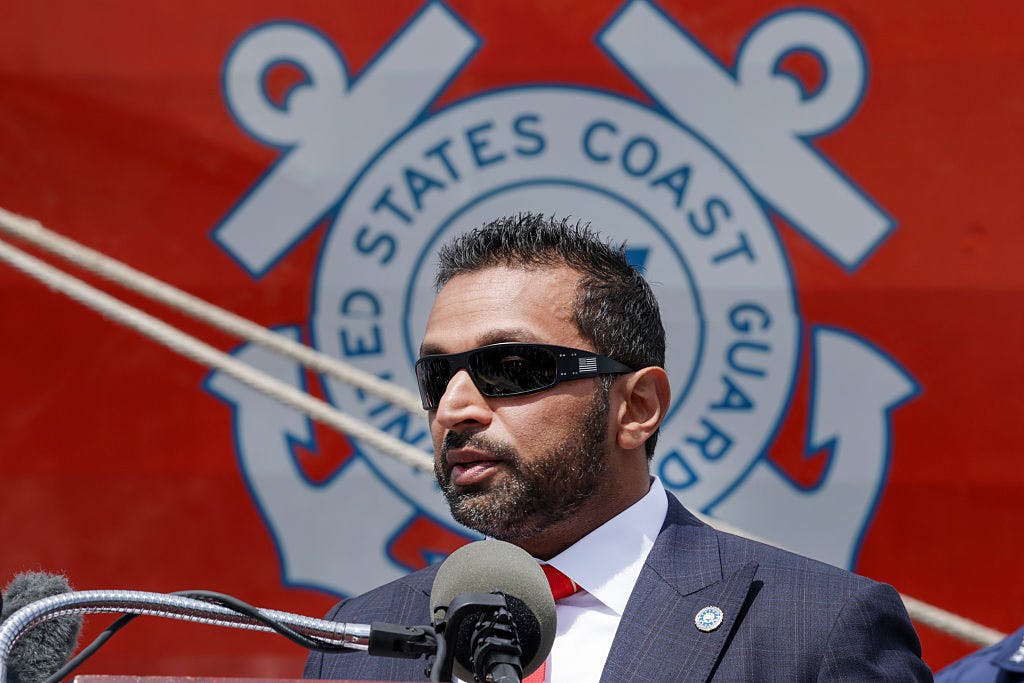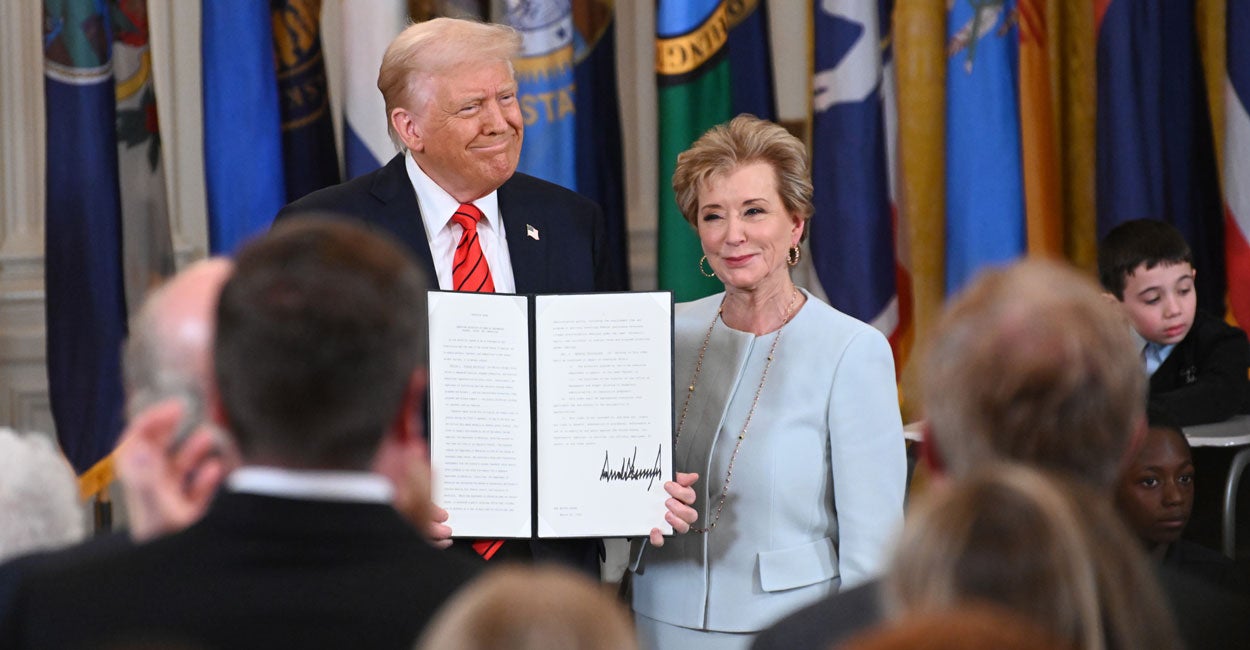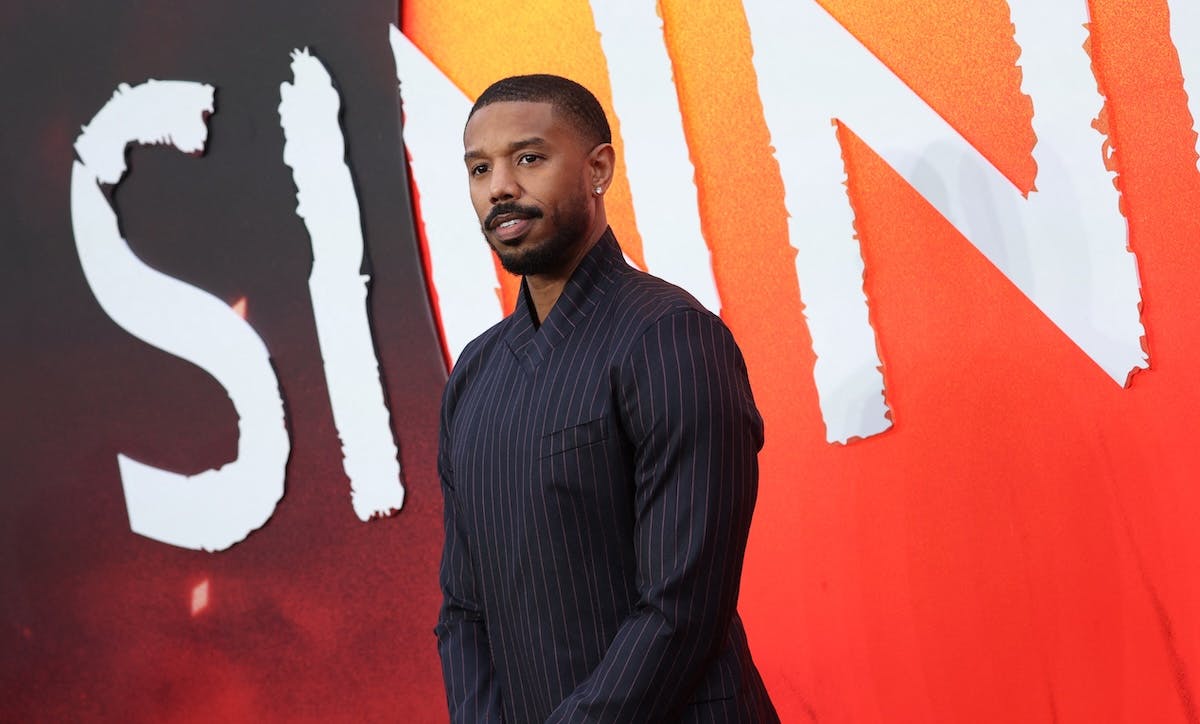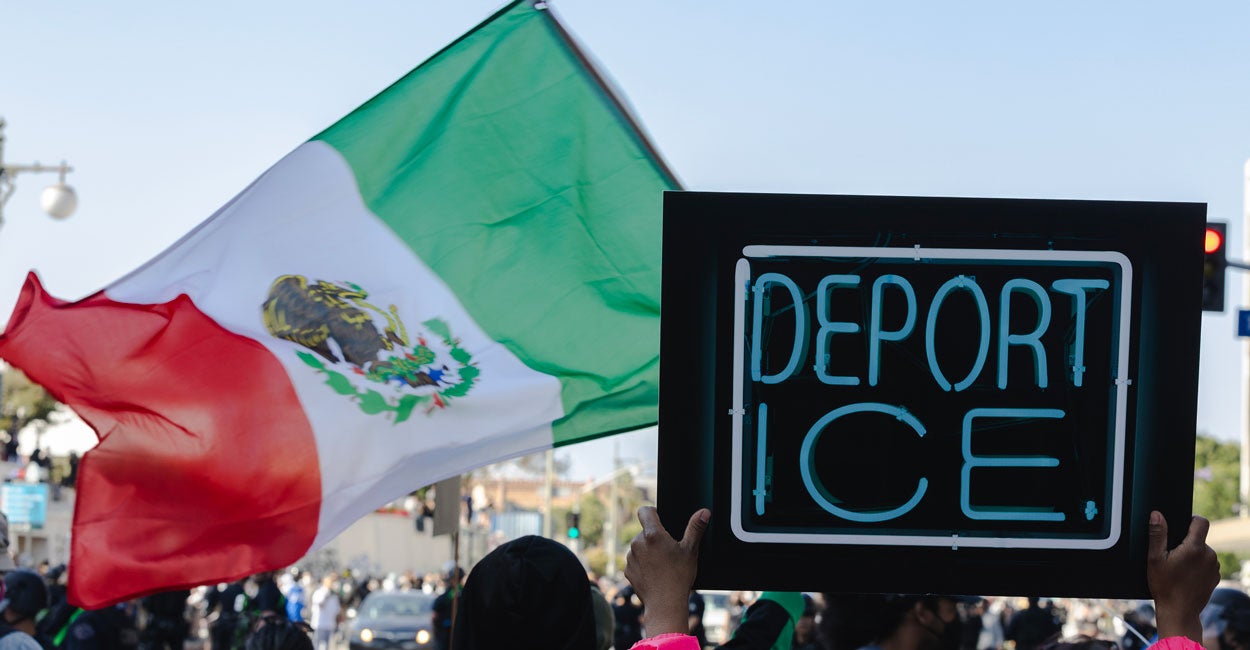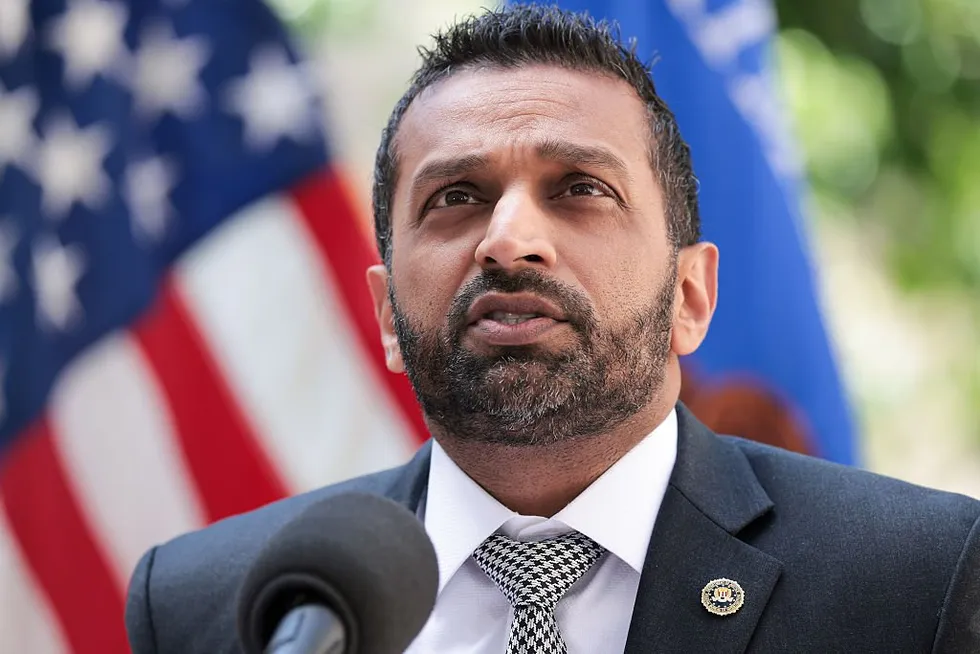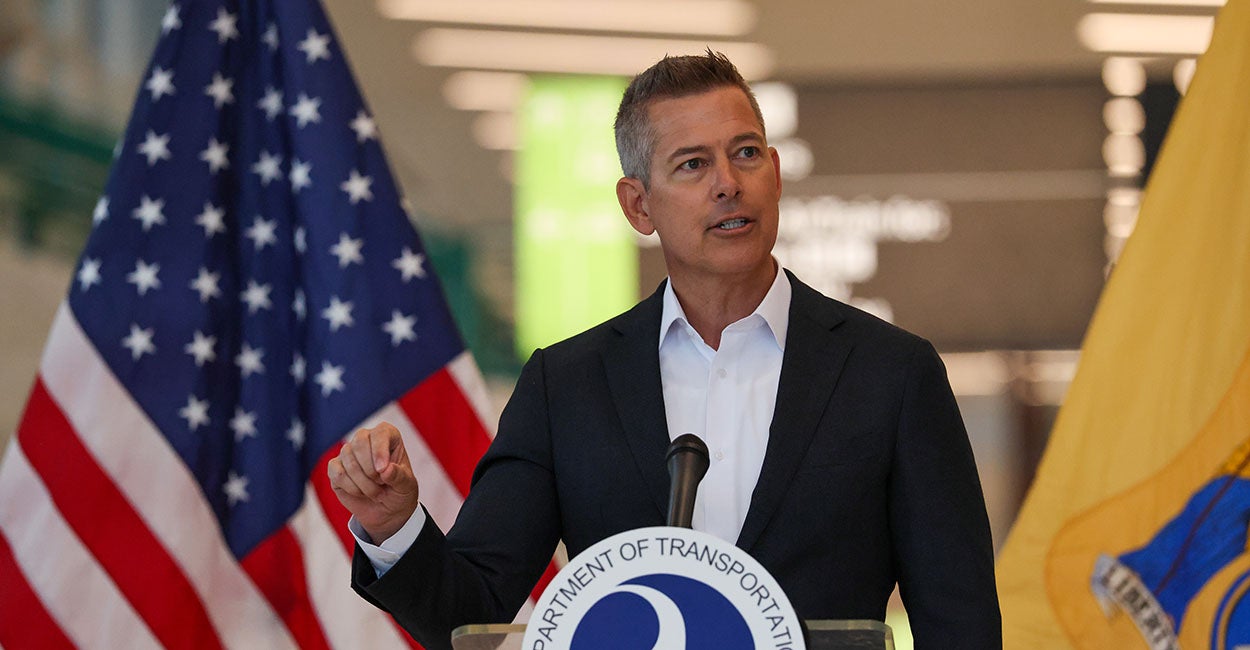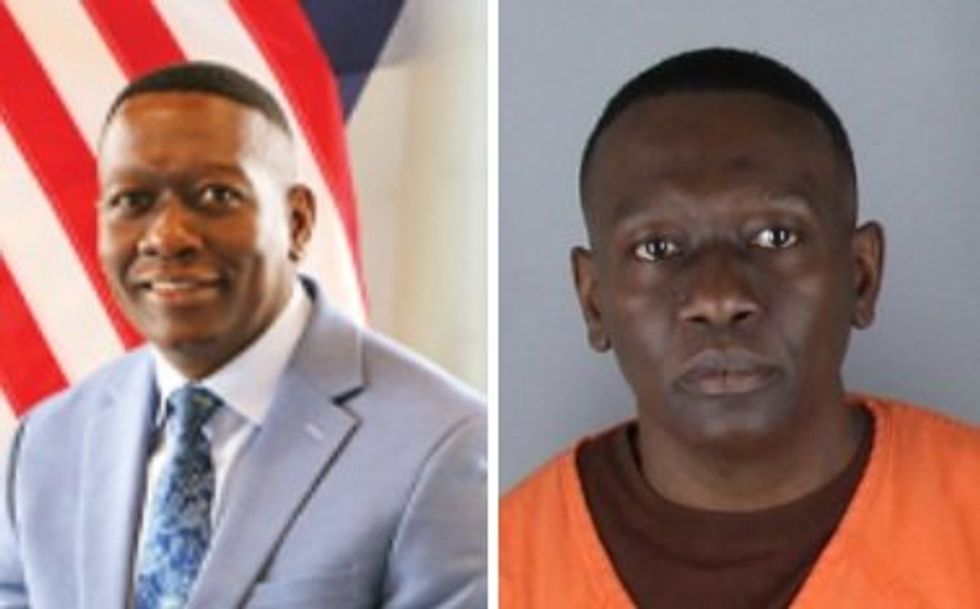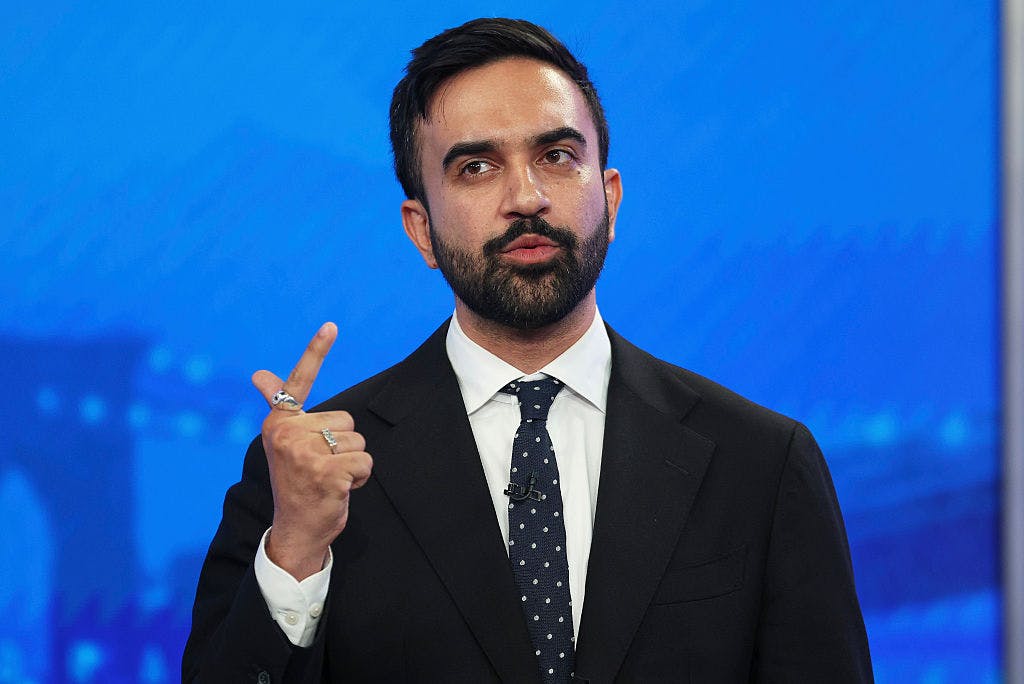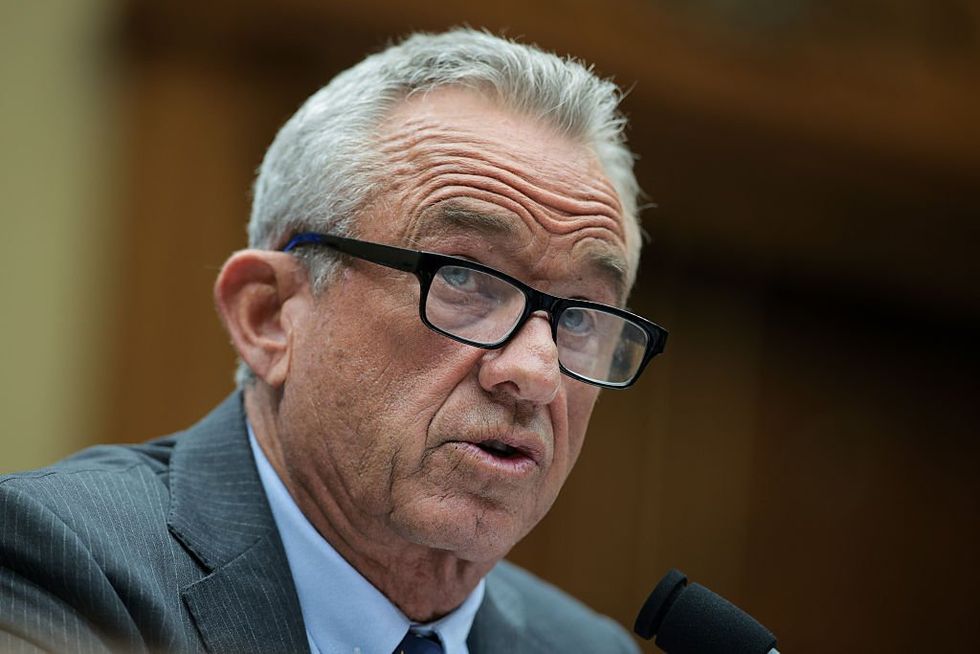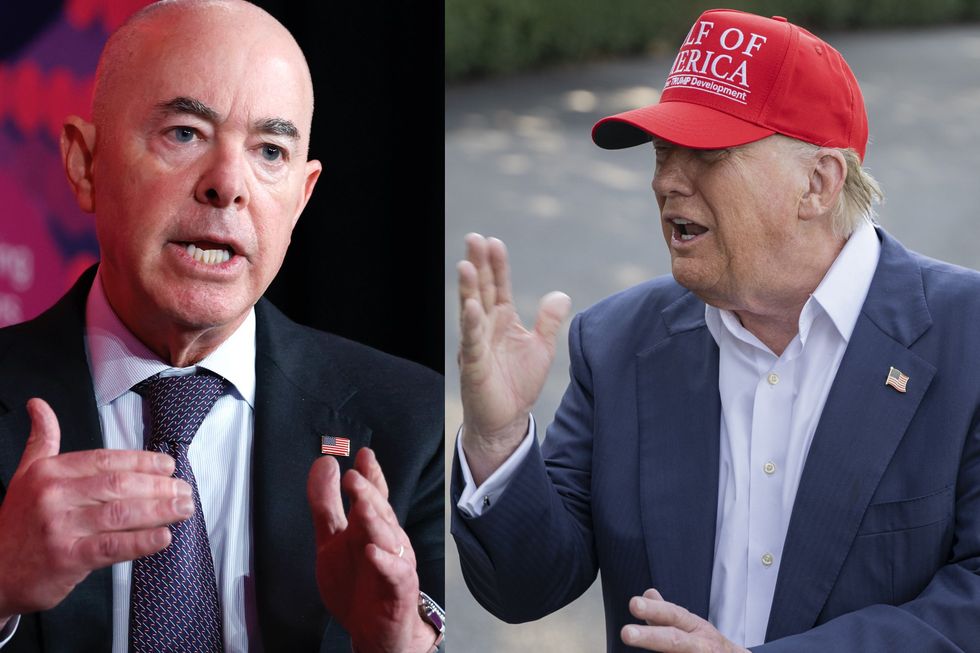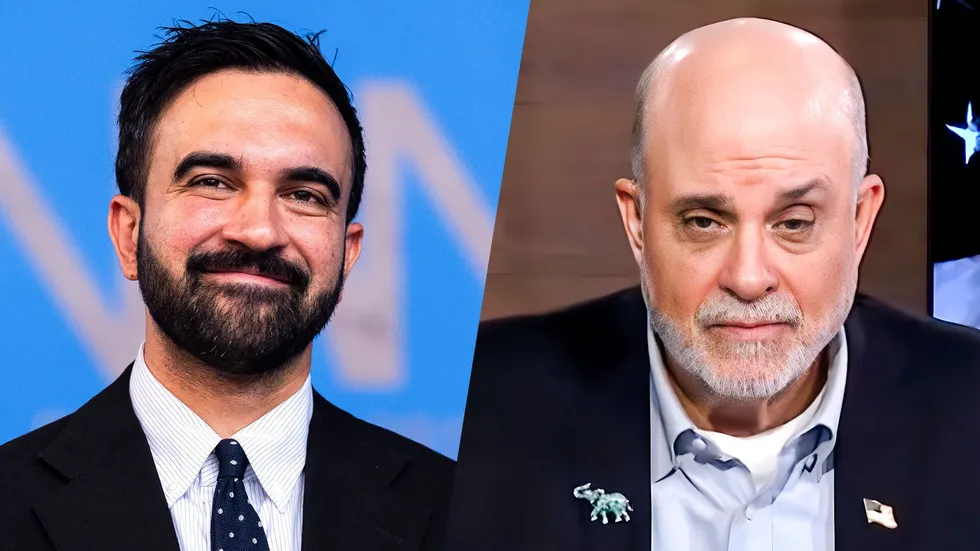Supreme Court Rebuffs Free Speech Defense in Upholding TikTok Divestment
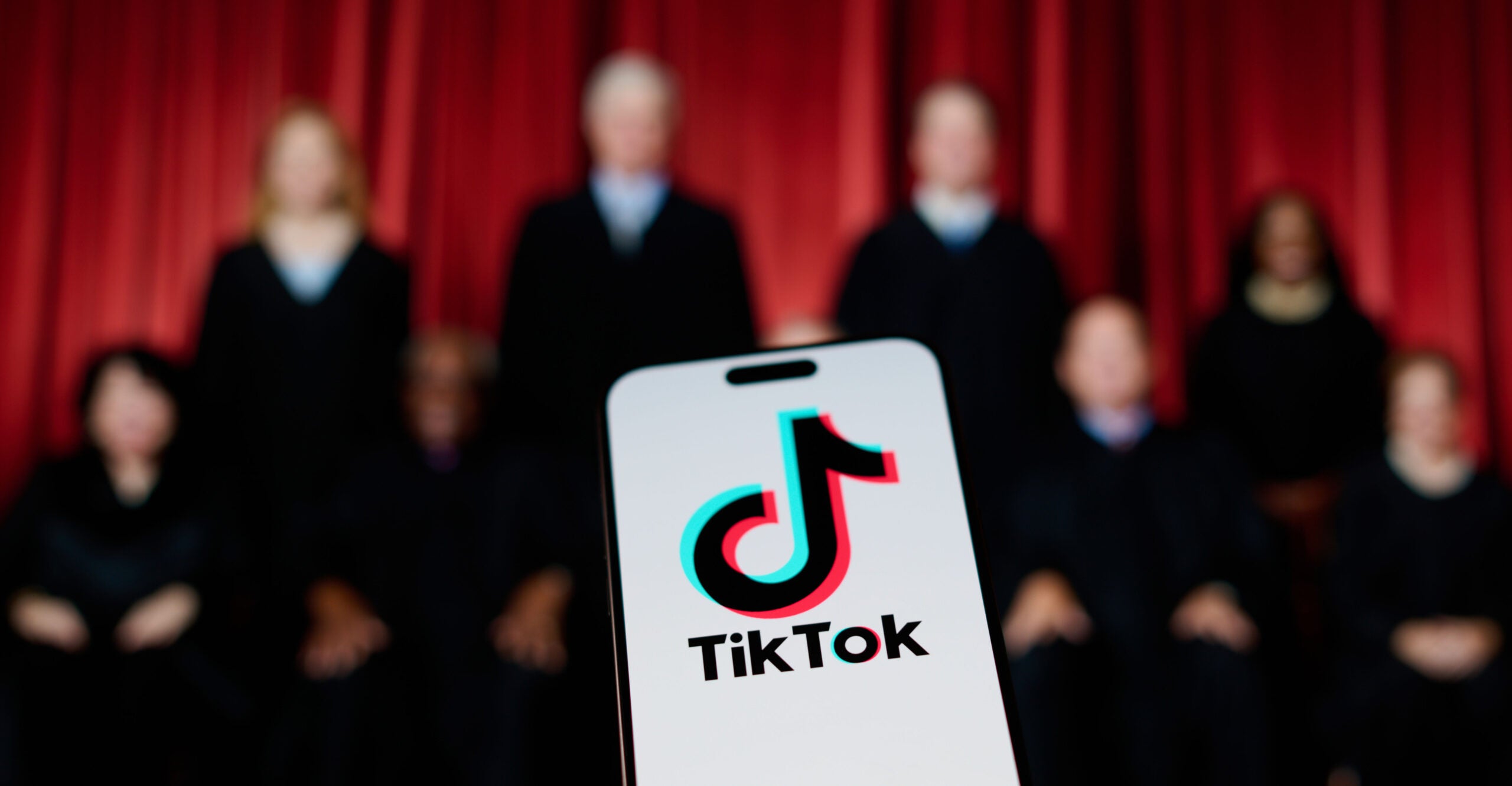
At least one branch of the federal government is not prepared to make way for TikTok.
On Friday, a mere seven days after oral arguments in TikTok v. Garland, the Supreme Court in a per curiam opinion unanimously upheld the constitutionality of the divestment law against challenges that it violated the First Amendment.
The court did so even as President-elect Donald Trump has pledged to cut a deal to save the Chinese-owned platform, and outgoing President Joe Biden has stated that he will not enforce the law’s Jan. 19 divestment deadline, since he leaves office the next day.
The law teed up a heavyweight fight in the courts between two of the least flexible demands of a modern liberal polity: free expression vs. national security. But as Justice Neil Gorsuch observed in a concurring opinion, “Speaking with and in favor of a foreign adversary is one thing. Allowing a foreign adversary to spy on Americans is another.”
The actual law in question is the Protecting Americans from Foreign Adversary Controlled Applications Act, but it has been known colloquially as the TikTok divestment law because it would force TikTok’s China-based parent company, ByteDance, to sell its interest in the platform or cease U.S. operations.
TikTok, nominally a U.S. entity, is tied to the Beijing-based ByteDance not only through ownership, but through technology. Per the court, “ByteDance Ltd. owns TikTok’s proprietary algorithm, which is developed and maintained in China.” And because ByteDance has close legal and personnel ties to the Chinese Communist Party, Congress designated TikTok as a company “controlled by a foreign adversary.”
At one time, the divestment law had the support of both Biden and Trump as well as a large bipartisan majority of Congress. But since then, the will to enforce it has waned everywhere except the courts. Back in December a three-judge panel of the U.S. Court of Appeals for the D.C. Circuit unanimously upheld the law.
The two-judge majority assumed that the law burdened speech and required the most exacting judicial review, “strict scrutiny.” A third judge thought that only intermediate scrutiny was needed. But all three acknowledged that Congress had well-documented concerns about China’s access through TikTok to American user data and its ability to affect the sorts of things Americans saw on the platform.
Thus, all three found the law to be a constitutional effort to protect our national security.
TikTok benefited from warp-speed consideration of its petition at the Supreme Court, where two of the nation’s top lawyers—former U.S. Solicitor General Noel Francisco on behalf of TikTok and Jeff Fisher on behalf of its users—insisted that despite all appearances to the contrary, this law targeted speech based on viewpoint.
True, the law targeted ByteDance, a foreign entity operating abroad and therefore without First Amendment rights. Yes, the law’s target was the non-expressive matter of ownership. And sure, the content on TikTok would not have to change because of the law. But counsel for TikTok’s users went so far as to say that the law reflected a “per se” “impermissible governmental interest,” and thus it had to give way to his clients’ preference for posting their speech on TikTok.
Counsel for TikTok and the creators paraded a litany of “What abouts?” before the court, suggesting that despite reams of evidence considered, Congress hadn’t really done its homework or that it should have chosen some less intrusive way of addressing its concerns.
The court was unpersuaded.
It assumed (without deciding) that the regulation of a non-expressive activity (i.e., ByteDance’s ownership) implicated the First Amendment because it burdened speech. But the court reasoned that the law was content-neutral as applied to TikTok and users because it drew distinctions based on ownership, not the expression the platform engaged in or hosted.
Furthermore, Congress’ desire to prevent Chinese collection of American data was itself a significant national security interest and a content-neutral justification for enacting the law.
It’s worth pausing a moment on the data-security rationale. Congress determined that through its ownership of TikTok, ByteDance could access and give the Chinese Communist Party the “age, phone number, precise location, internet address, device used, phone contacts, social network connections, the content of private messages sent through the application, and videos watched” of any of TikTok’s 170 million U.S. users.
Thus, it might be said that Congress was more concerned about the content of what Americans were giving up than the content Americans were seeing or saying online.
Given the law’s evident neutrality, the court needed only to apply intermediate—not strict—scrutiny. And because the law furthered an important governmental interest without overly burdening speech, it did not offend the First Amendment.
The court repeated several caveats throughout the opinion. It noted that, due to the uniquely short time frame for consideration, its decision should be interpreted narrowly by other courts.
The court is also becoming a bit wary of applying the Constitution to relatively new technologies, such as the algorithms that undergird TikTok’s asserted speech rights. Given the relative novelty of that technology the court cautioned that it “should take care not to embarrass the future.”
That’s a wise approach. Embarrassment might have been what certain justices felt earlier this week during oral arguments when they struggled to untangle themselves from the thicket of precedent turning the First Amendment into a conduit for digital porn.
Although the decision was per curiam—meaning, it was issued for the whole court, not attributed to any single justice—it’s notable that Gorsuch, who sounded sympathetic to TikTok during oral argument, wrote a separate opinion concurring in the judgment.
He praised the court for refraining “from endorsing the government’s asserted interest in preventing the covert manipulation of content,” a rationale which he saw as cutting too close to permitting the sort of outright censorship he criticized last term in Murthy v. Missouri.
Gorsuch expressed doubts that the divestment law was, in fact, content neutral. Nevertheless, he concluded, like the D.C. Circuit, that the law would survive even strict scrutiny because of the well-documented concerns that “TikTok mines data both from TikTok users and about millions of others who do not consent to share their information” that the Chinese Communist Party could use for espionage or blackmail.
Although the court acted with tremendous dispatch, its opinion does surprisingly little to clarify TikTok’s future in the U.S. Doubts are growing about the political will to enforce the law. In 2020, Trump concluded that TikTok’s entanglement with the CCP “continues to threaten the national security, foreign policy, and economy of the United States.” Yet he has lately committed himself to negotiating a new deal with ByteDance that will allow TikTok to continue its U.S. operations.
One is left to question what, if anything, has changed to diminish the risks posed by TikTok?
If TikTok is allowed to operate under the new administration, then Trump owes the American people and their representatives an explanation for why that should be so.
The post Supreme Court Rebuffs Free Speech Defense in Upholding TikTok Divestment appeared first on The Daily Signal.
Originally Published at Daily Wire, Daily Signal, or The Blaze
What's Your Reaction?
 Like
0
Like
0
 Dislike
0
Dislike
0
 Love
0
Love
0
 Funny
0
Funny
0
 Angry
0
Angry
0
 Sad
0
Sad
0
 Wow
0
Wow
0
